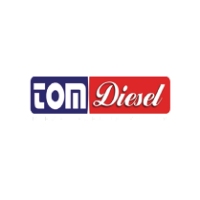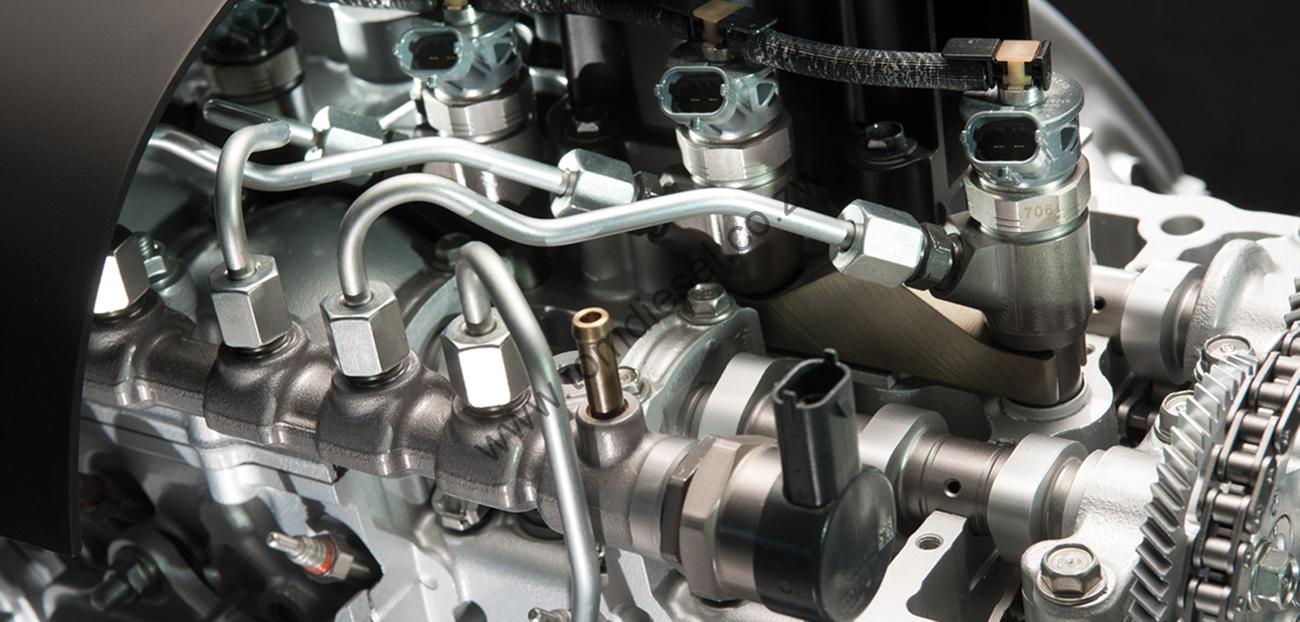Diesel Fuel Additives best Top 5 Things You Never Knew You Didn’t Know
Here there are 5 things you may not know about diesel fuel and the diesel fuel additives used to treat it. We like to call them ‘the many things you never knew you didn’t know’.
Diesel engine Cars Are Cooler Than They Used To Be
The image of a diesel engine is the most people have is black smoke belching out of the tailpipe of a big rig. So they transfer s that image to a car and imagine diesel cars being dirty and noisy and generally not worth their time. But it’s time to shift that thinking on that. A Diesel car today performs just like their gas-powered counterparts and looks just as nice. The image of the noisy diesel engine with smokes belching out the back is long, long gone. But what is not long gone is the great mileage you can get with a diesel car – 50 mpg or more.
Fuel Diesel Engines Are Cleaner Than They Used To Be
Like we just said, the images of the diesel engine belching black smoke are a thing of the past. Granted, there may be some old smoking diesel engine that were made back before the new requirements, but those are becoming fewer and fewer as they die out. In the last 10-20 years, the governments has required diesel engine makers to install special emissions control equipment that have really helped clean up the air by keeping diesel fuel pollutants from getting into the atmosphere. All diesel engines made now have things like particulate traps and filters that trap all the black smokes that used to be dumped out into the air. Not to mention that all the diesel engines themselves are more efficient and are constantly starting improved, such as with the new “common rail diesel engines” they’re making.
Diesel Fuel Needs Additives More Than Gasoline Does Because They Have maximum Properties Needing To Be Protected
If you compare the ASTM specification sheets (the properties list) for gasoline and diesel, diesel seems to have more properties that need to be protected by additives. There certainly are more diesel fuel additives out in the marketplace, both with multi-functional additives and the single function treatments that fuels suppliers have to use in order to make sure the diesel they’re supplying performs the way it is a legally should. Some of that may have to do with the fact that gasoline is more highly refined, whereas diesel is a heavier fuel and so is more prone to going “off-spec”. Lubricity, cetin rating, cold weather performance, stability – all of these are essential properties that have to be protected by additives, and which gasoline generally doesn’t have too much of an issue with (except for maybe stability, but only if you add a ethanol to it).
Diesel Fuel Also Seems To Have More Problems Because It’s More Likely To Be Stored here.
Diesel fuel is the choice of industry, and business relies on being able to store fuels for later use. So a storage tank of diesel fuels is more likely to be kept around for weeks or months than stored gasoline is. The longer you keep diesel around, the more likely that is to develop issues that will affect its own quality and the performance of the diesel engines that it’s used in. Hence the need for additives likes stability improvers to protect the fuel. Or if it’s being stored in the winter, there are needs for a cold flow improver because diesel fuel gels up in wintertime in ways that gasoline doesn’t, and business doesn’t stop when the weather gets very cold.
There Are A Lot of Good Diesels Additives, But No Additive Can Do Everything – Know What You Want
Business teachers used to talk about how you can have the best quality and the best services for the best price – 2 out of the three at the same time, but not all three at the same times. The same are true of diesel fuel additives, or really any fuel additive. You can also have something that does a lot of things, does them very well or effectively, does them at a very low treat ratio, and does them for low cost. You can have some of these but not all of these with same together
If you’ve spent more time here, you know that this blog is run by Tom diesel and we make fuels additives as our primary business. Our biggest business for the very longest time has been multi-function treatments for diesel (Dee-Zol) and gas (Mix-I-Go & Ethanol Defense) – they do a lot of things – give you better mileage, get rid of water, clean out your fuel engine, protect your fuel system parts – at a fairly low treat rate (usually 1:1000 or 1 ounce to 10 gallons) for an inexpensive and good price (less than ten cents a gallon to treat).
Since we’ve been around longer than anyone, we seen all sort of new diesel and gas additives that claim to be able to do everything under the sun for nothings. We most trust that our customers and prospective customers can see through a lot of that. But at the same time, the average person may not know enough to make the rights assessment all of the time. For diesel fuel engine treatments, an additive that claims to do everything that Dee-Zol does plus raise fuel certain rating, do it at a treat rate of 1 gallon to 30 gallons, and do all types of that for, let’s say, 3 cents per gallon to treat – that kind of company is relying on consumers not knowing that all of those things aren’t possible at the same time duration. For that particular example, the issue is the treat mends rate and the price – you’d need more certain improver alone than what that additive allows for all of its ingredients together.
Our Services are :
diesel injectors, tom diesel, injector pump service, how to test injector pump, tom for diesel, diesel tom, diesel injection service, diesel injector pump, diesel pump calibration, diesel injectors for sale.
Address : 18 Sherpeton Road, Harare
Mobile : +263-777-340-360 +263-772-399-333
Email : sales@tomdiesel.co.zw
Web : http://tomdiesel.co.zw/

